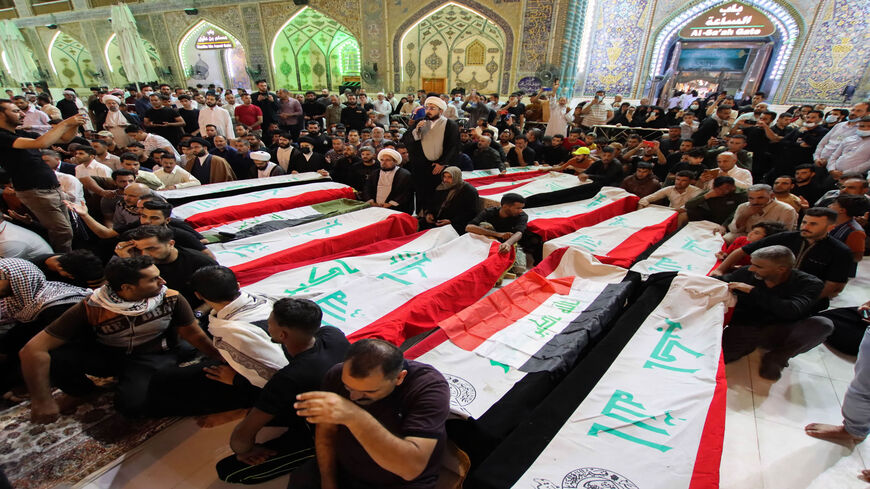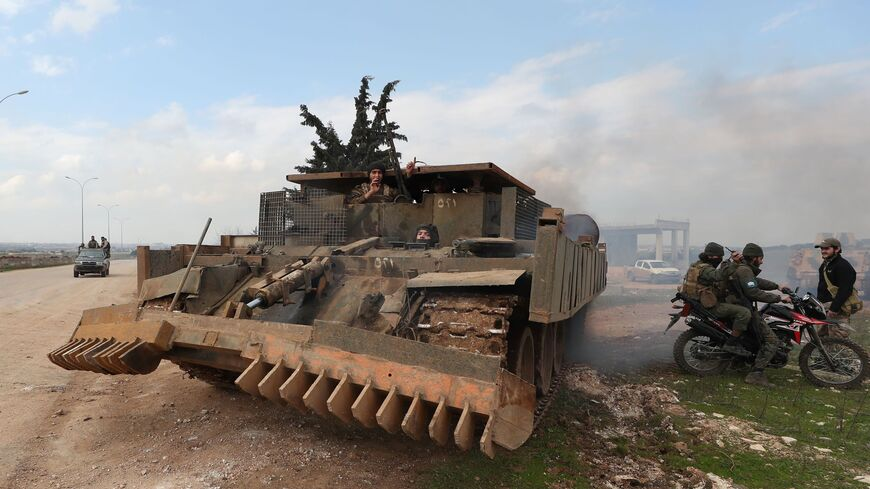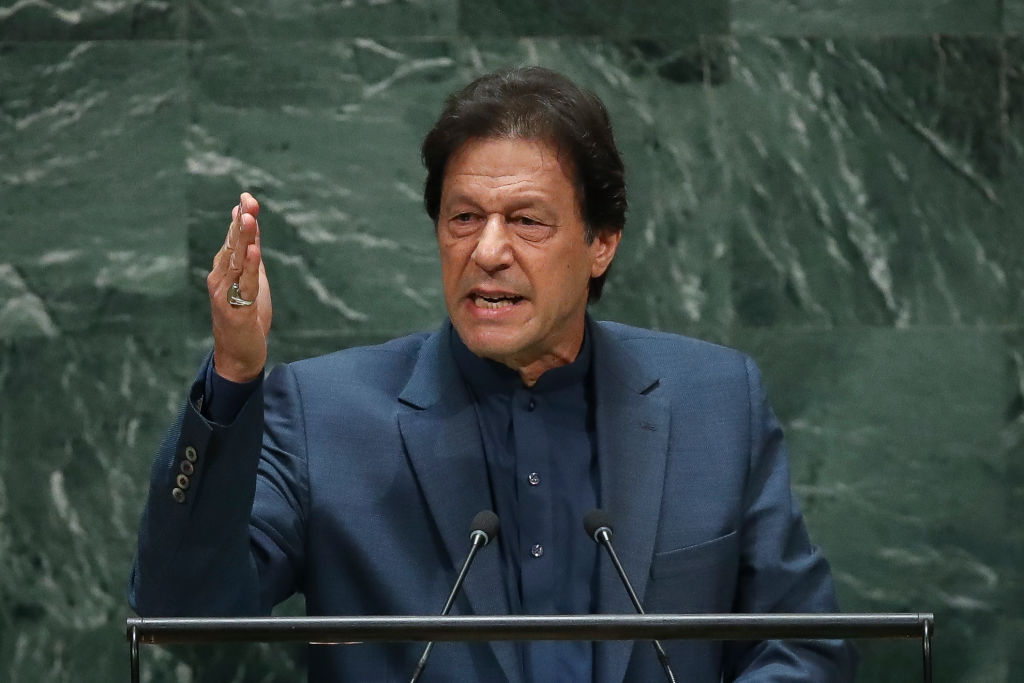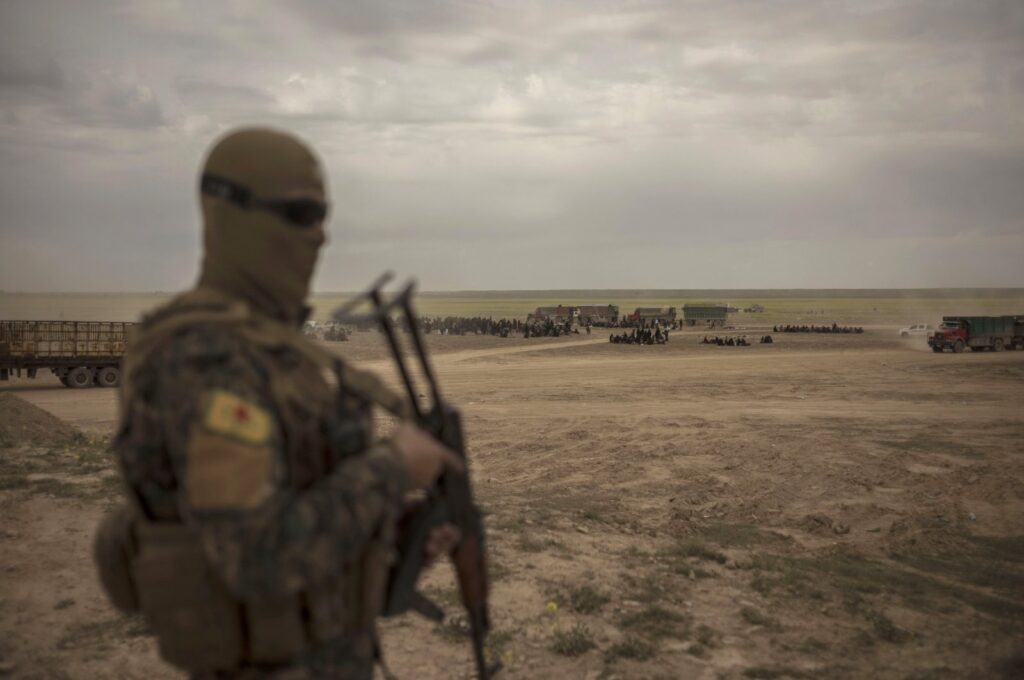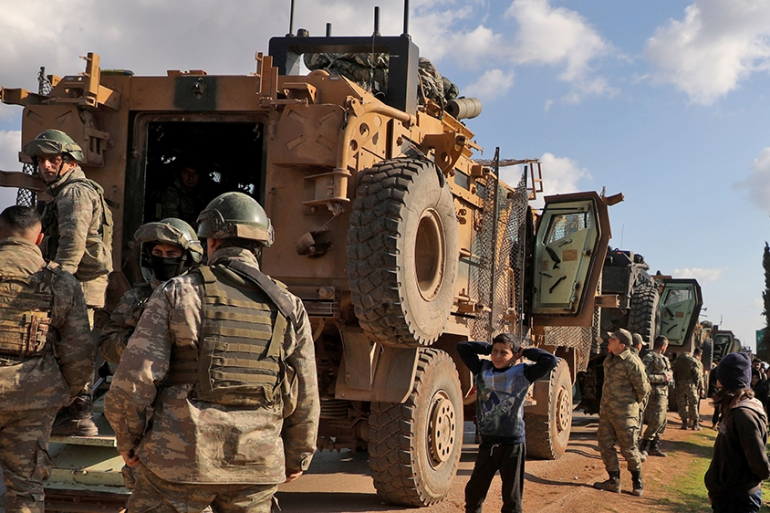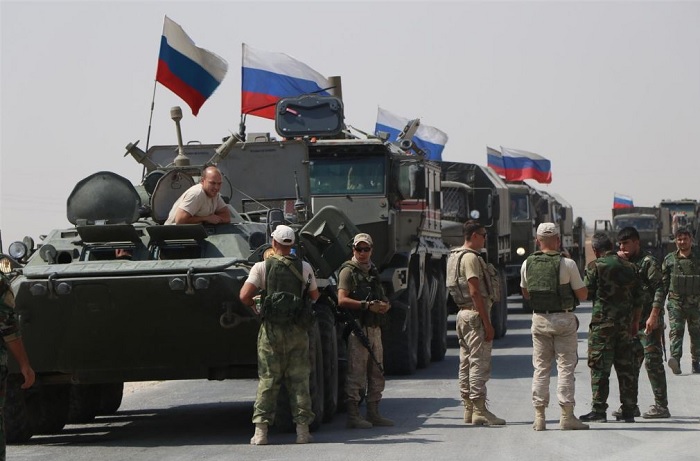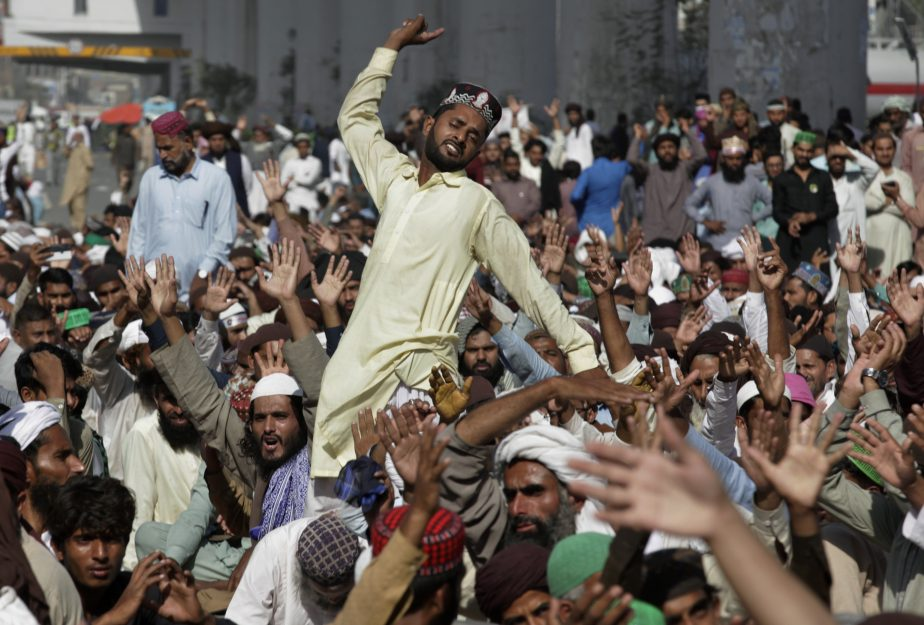Abstract
The territories ruled by the Syrian opposition are being reorganised. The leaderless revolution has given way to a seizure of power by vanguardist and ideological organisations, be it the PYD in the northeast or HTS, the former local branch of AQ, in Idlib. However, these organisations cannot resist the regime’s military threat to reconquer the territories or the Turkish intervention by themselves. They need to manage the internationalisation of the conflict to protect themselves and find space in the broader strategic game around Syria. This is the strategy of HTS. After emerging from the matrix of AQ’s global jihad, since 2017 HTS has sought to ‘institutionalise’ the revolution by imposing its military hegemony and full control of the institutions of local governance. The group has thus marginalised the revolutionary milieu, other Islamists and the threat posed by AQ supporters and IS cells in Idlib. HTS’s domination was followed by a policy of gradual opening and mainstreamisation. The group has had to open up to local communities and make concessions, especially in the religious sphere. HTS is seeking international acceptance with the development of a strategic partnership with Turkey and desires to open dialogue with Western countries. Overall, HTS has transformed from formerly being a salafi jihadi organisation into having a new mainstream approach to political Islam.
Introduction: Undesired Winners in Search of ‘Truce Politics’
“The revolution, like Saturn, devours its own children,” said Georg Büchner.1 The Syrian scenarioconfirms this formula. After an early phase of leaderless revolution, the most structured avant-gardeorganisations stemming from internationalist movements classified as ‘terrorist’ and consideredinternational pariahs have ultimately prevailed: the PYD (Partiya Yekîtiya Demokrat) in the northeastand Hay’at Tahrir al-Sham (HTS) in the northwest.
Each group has imposed its control and institutionalised the insurrectionary dynamic according to itsideological and organisational leanings. However, their consolidation of power is ambivalent. It iscertainly based on a “confiscation of the revolution,” as their detractors claim.2 But it would be wrongto think only in terms of revolution hijacking. These groups’ interactions with their local revolutionarycontexts and geostrategic environments – regional and international – have profoundly transformedthem too. An analysis of power politics in Idlib therefore necessitates a new understanding of how HTS’shegemonic project has benefited from its local and global contexts, as much as the constraints that thesecontexts have imposed on the group and transformed it in return. Far from being a mere academicexercise, an analysis of these interactions is rich in lessons for policymaking.

